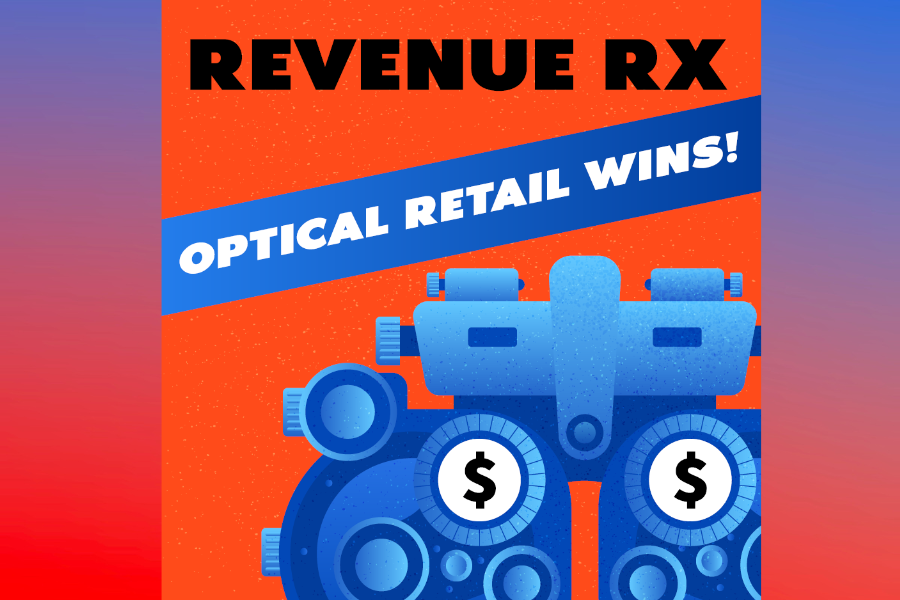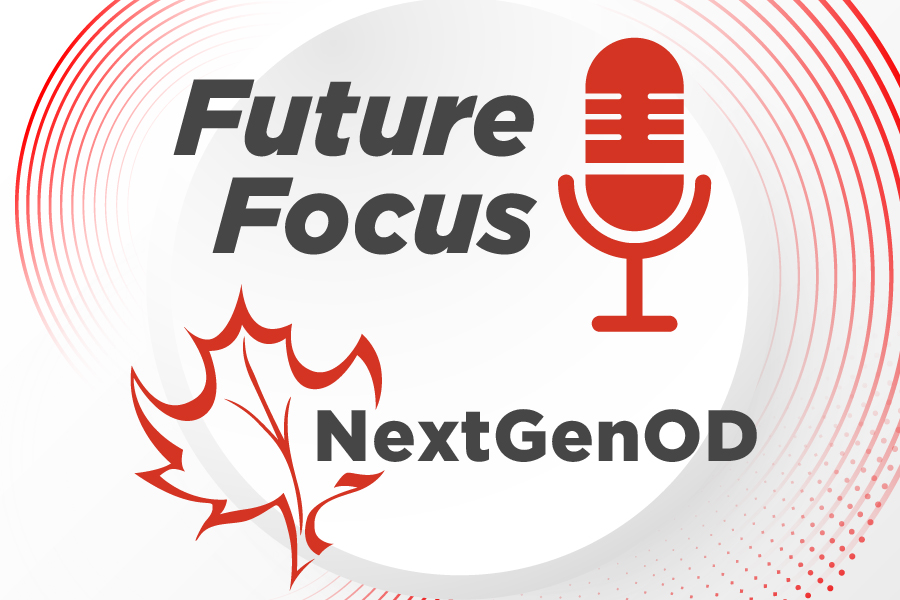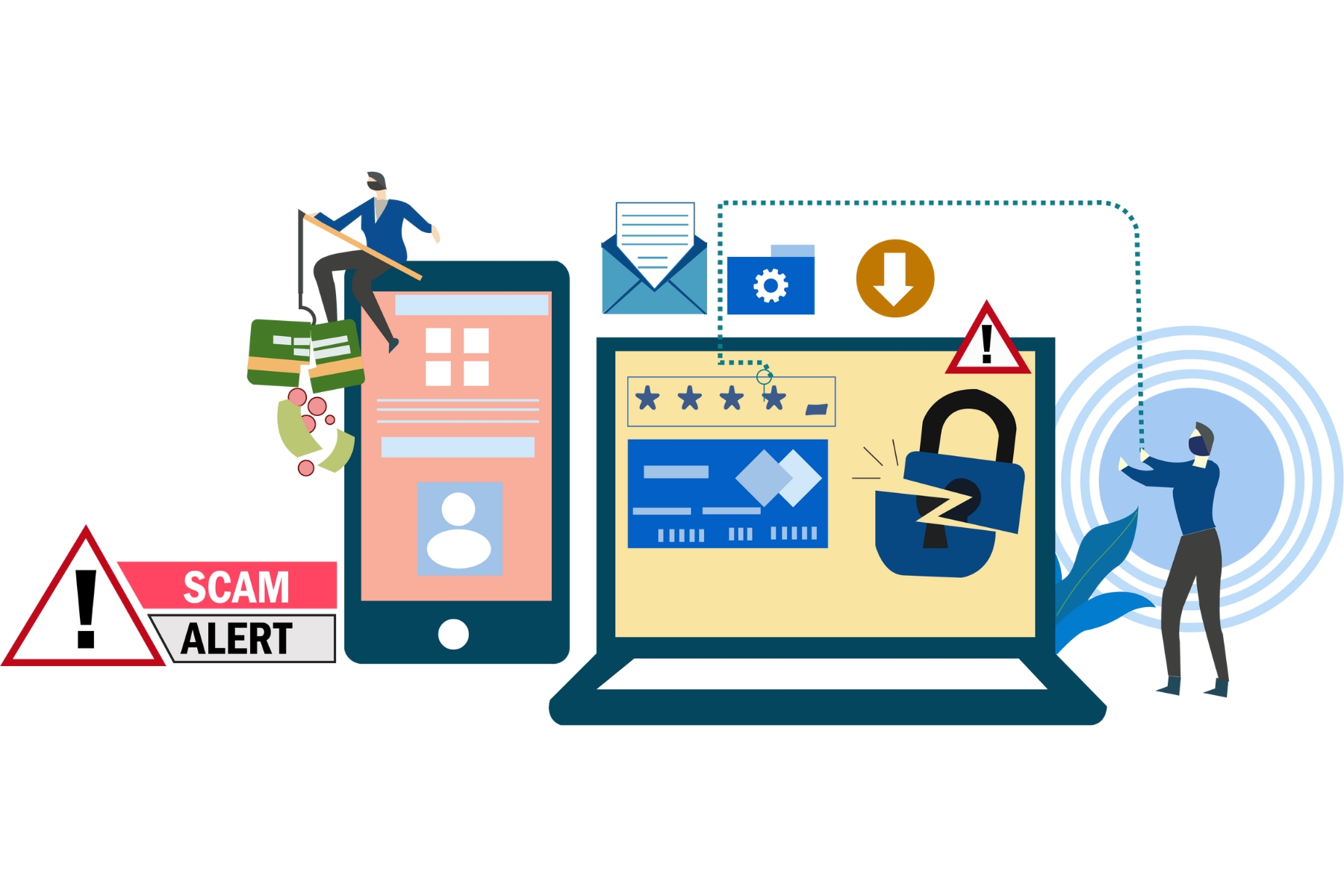
Eye Care Business Canada, in collaboration with the Clinical & Refractive Optometry (CRO) Journal, officially launched its three-part CE series EMPOWER Your Practice on April 9 with the first webinar, The Digital Journey: Using Data to Drive Practice Growth & Patient Care. The session drew strong participation from Canadian optometrists, reflecting a clear demand for practical strategies that merge clinical excellence with business acumen.
Presented by Dr. Wes McCann, a seasoned optometrist and owner of multiple practices, the inaugural webinar focused on how data can be used to make smarter, more efficient business decisions in daily optometric practice. Dr. McCann provided a compelling case for embracing analytics, not just to enhance profitability but also to improve the overall patient journey.
Throughout the one-hour, COPE-accredited session, Dr. McCann outlined how harnessing practice management data can reveal valuable insights—from tracking appointment flow and staff productivity to optimizing patient recall systems. He illustrated how metrics such as capture rate, average transaction value, and chair cost can be used to identify missed opportunities and inform future investments.
What set the session apart was its real-world approach. Dr. McCann shared personal examples from his own practice network, emphasizing how small, incremental changes based on solid data can lead to meaningful improvements over time. Attendees came away with specific takeaways they could immediately apply, such as refining intake processes, setting benchmarks for key metrics, and engaging the team in performance tracking.
The series continues on April 23 with Myopia Management in Clinical Practice presented by internationally recognized expert Debbie Jones, BSc (Hons) FCOptom, FBCLA, FAAO.
The third and final webinar, Leading Change: The Human Side of Practice Transformation, will be held May 14 and is co-presented by Drs. Trevor Miranda and Anita Voisin.
Why Attend?
✔️ Learn from top industry experts with real-world experience.
✔️ Get actionable insights to improve patient care and business efficiency.
✔️ Develop leadership skills to drive positive change in your practice.
✔️ Earn COPE CE credits—for free!
Don’t miss this opportunity to gain expert knowledge and elevate your practice.
👉 Click HERE to view full details and register now!
All three webinars are offered free of charge thanks to an unrestricted educational grant from Ocuco Canada.
Each session provides one hour of COPE-accredited CE and is designed to empower optometrists with tools to adapt and thrive in an ever-changing professional landscape.





























